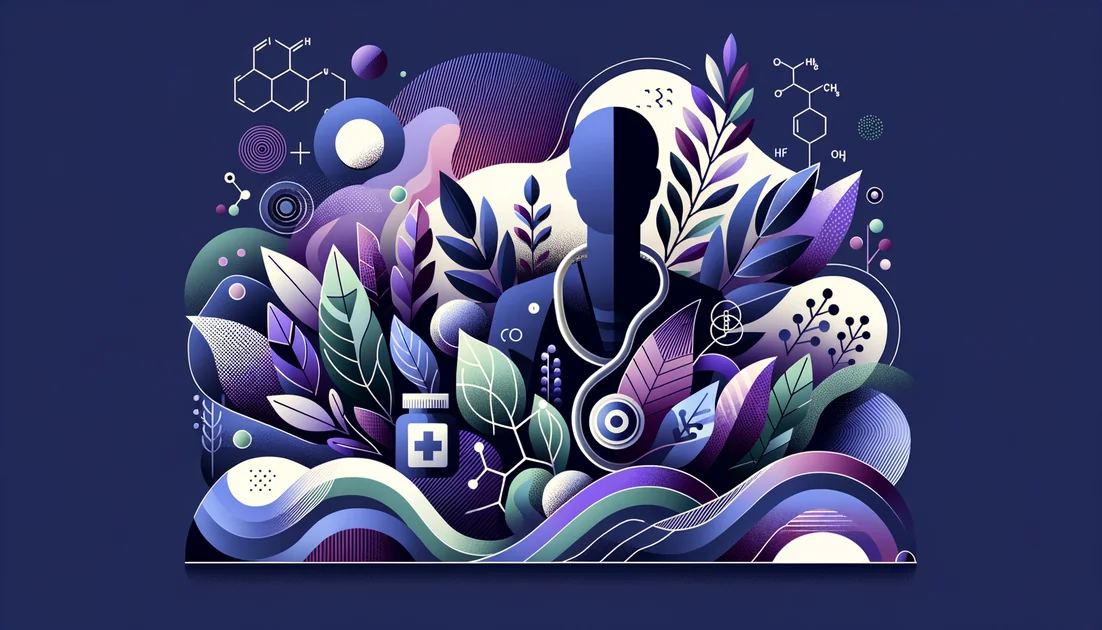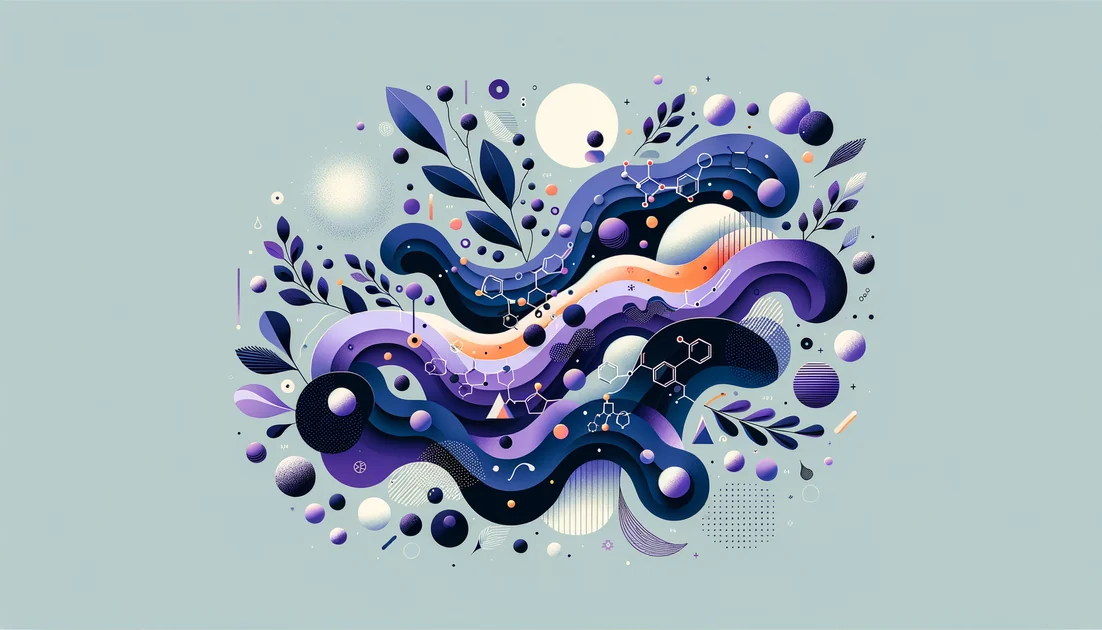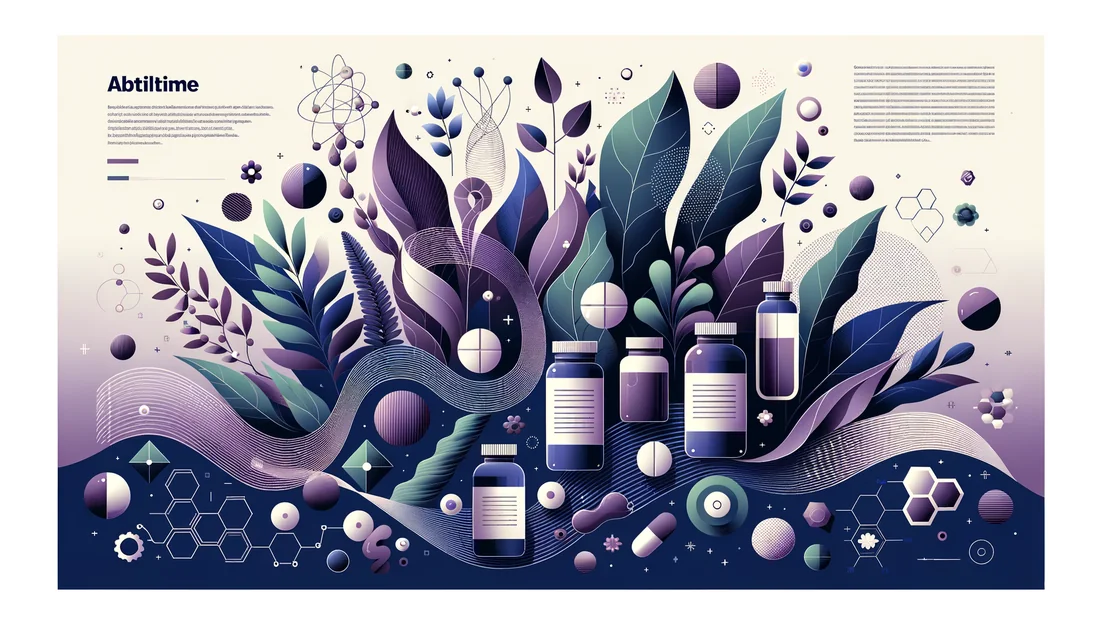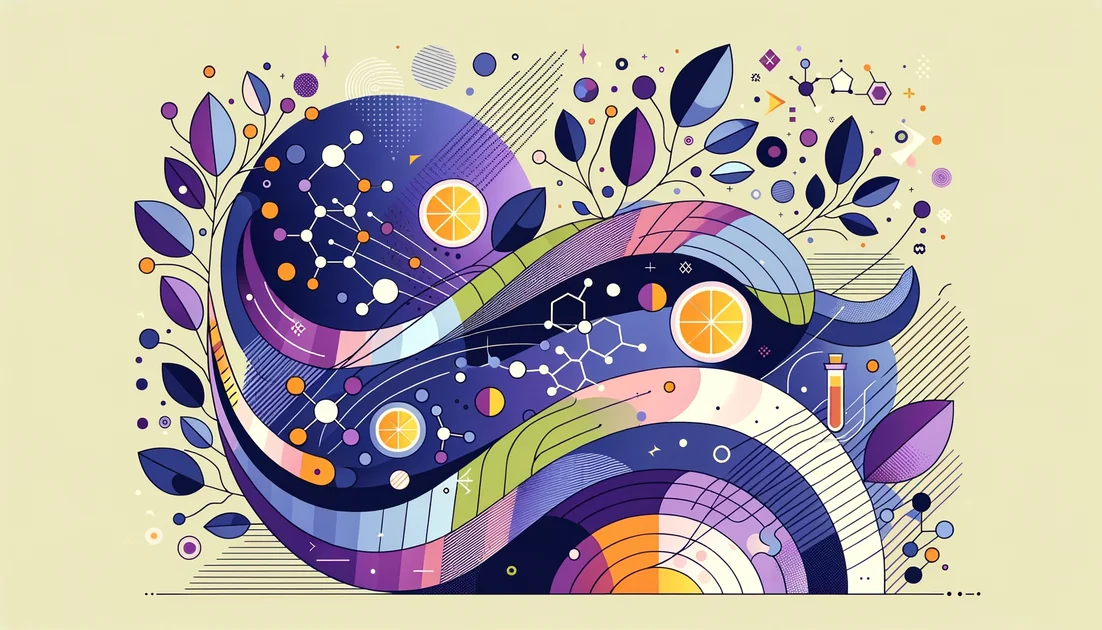
GABA vs L-Theanine for calming (mechanism-focused)
For calm without sedation, choose L-theanine; it reliably shifts brain activity toward relaxed alertness and has better central access. GABA can feel calming for some but evidence is limited and it's more likely to sedate. [2][7][8]
Mechanistically, L-theanine better fits a "calm and clear" goal: it modulates glutamatergic signaling and increases EEG alpha within hours, with several placebo-controlled trials showing reduced stress reactivity and minimal sedation. Oral GABA may reduce anxiety acutely—even outperforming theanine in one pre-op RCT—but at the cost of more sedation and with uncertain central bioavailability; overall evidence remains limited. If you want relaxed focus, pick theanine; if pre-event anxiolysis with some drowsiness is acceptable, GABA is plausible but less predictable. [2][1][8][7]
The Comparison
AL-Theanine
by Common standardized forms: Suntheanine, AlphaWave
Standardization: Typically ≥98% L-theanine
Dosage: 100–200 mg acutely; 200–400 mg/day in trials
Benefits
- •Promotes relaxed alertness (increases EEG alpha)
- •Stress reactivity reductions in some RCTs
- •Usually non-sedating
Drawbacks
- •Evidence is mixed outside acute stress; effects modest
- •Quality varies by supplier
Safety:Generally well tolerated; FDA GRAS up to 250 mg/serving; caution with sedatives due to possible additive drowsiness.
Standardization: Typically bulk GABA (not standardized to CNS delivery)
Dosage: Common retail 100–750 mg; long-term human data up to 120 mg/day; very high short-term doses studied for safety
Benefits
- •May reduce situational anxiety; signals sedation at higher doses
Drawbacks
- •Limited BBB penetration; clinical effects inconsistent
- •Can cause mild sedation; hypotension risk in sensitive users
Safety:USP review: no serious AEs in studies; small BP drops observed—use caution with antihypertensives; limited data in pregnancy/lactation.
Head-to-Head Analysis
Central access & mechanistic plausibility (BBB, neural markers) Critical
Winner:L-Theanine• Importance: high
Efficacy for acute stress calming (without sedation) Critical
Winner:L-Theanine• Importance: high
Anxiolysis magnitude (including when sedation acceptable)
Winner:GABA (gamma-aminobutyric acid)• Importance: medium
In a head-to-head pre-operative RCT, GABA reduced anxiety more than theanine, though with more sedation. [1]
Sedation/next-day performance Critical
Winner:L-Theanine• Importance: high
Theanine is typically non-sedating; GABA caused significant sedation in the head-to-head trial. [1]
Standardization & consistency
Winner:L-Theanine• Importance: medium
Well-characterized branded theanine (e.g., Suntheanine, AlphaWave) with defined purity; GABA supplements are generic with no CNS-delivery standardization. [2]
Bioavailability/formulation options Critical
Winner:L-Theanine• Importance: high
Safety/tolerability Critical
Winner:L-Theanine• Importance: high
Cost/value per effective dose
Winner:L-Theanine• Importance: medium
Common Questions
Which works faster for feeling calm?
L-theanine typically acts within 30–60 minutes in trials; oral GABA may act fast but effects and CNS access are less predictable. [2][7]
Will either make me sleepy?
Theanine is usually non-sedating; GABA more often causes sedation in studies—avoid before tasks needing alertness. [1]
Which Should You Choose?
Calm focus for work/study or public speaking (avoid drowsiness)
Choose:L-Theanine
Pre-procedure or highly acute anxiety where some sedation is acceptable
Choose:GABA (gamma-aminobutyric acid)
GABA produced greater anxiolysis than theanine in a pre-op RCT but increased sedation; consider small test doses and timing. [1]
Evening wind-down without impairing next-day cognition
Choose:L-Theanine
Sleep onset when stimulation/caffeine is present
Choose:L-Theanine
Theanine counterbalances excitatory signaling and supports relaxed EEG patterns; add caffeine avoidance. [12]
Stacking interest (GABA + L-theanine) for sleep
Choose: Either option
Animal data suggest synergy for sleep architecture, but human evidence is lacking—proceed cautiously. [10]
You might also like
Explore more of our evidence-led investigations, comparisons, and guides across every article style.

Nature's Answer
Nature's Answer: testing-forward heritage extractor with a fixed FDA stumble and only modest transparency



Vitamin C (ascorbic acid)
Picture a sailor in 1747, gums bleeding, legs spotted, morale sinking. Six days after eating two oranges and a lemon, he's back on duty. Two centuries later, a Hungarian biochemist looks at a bowl of paprika and realizes he's holding kilograms of the same lifesaving force. In between those moments—and ever since—Vitamin C has been less a miracle and more a masterclass in how evidence matures.

Sleep & Recovery: The Athletic Triangle
Magnesium + B6 shows small, condition-specific synergy; adding zinc hasn't proven extra benefits and can compete with magnesium at high doses.

Tocotrienols
The stealthier cousins of vitamin E—built with springy tails that move differently in cell membranes and behave differently in your body.




